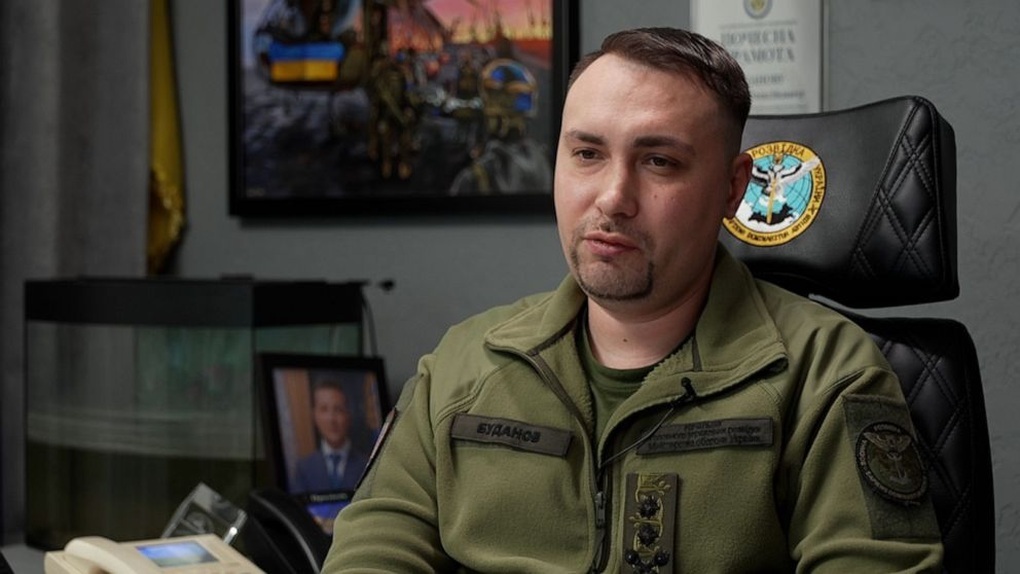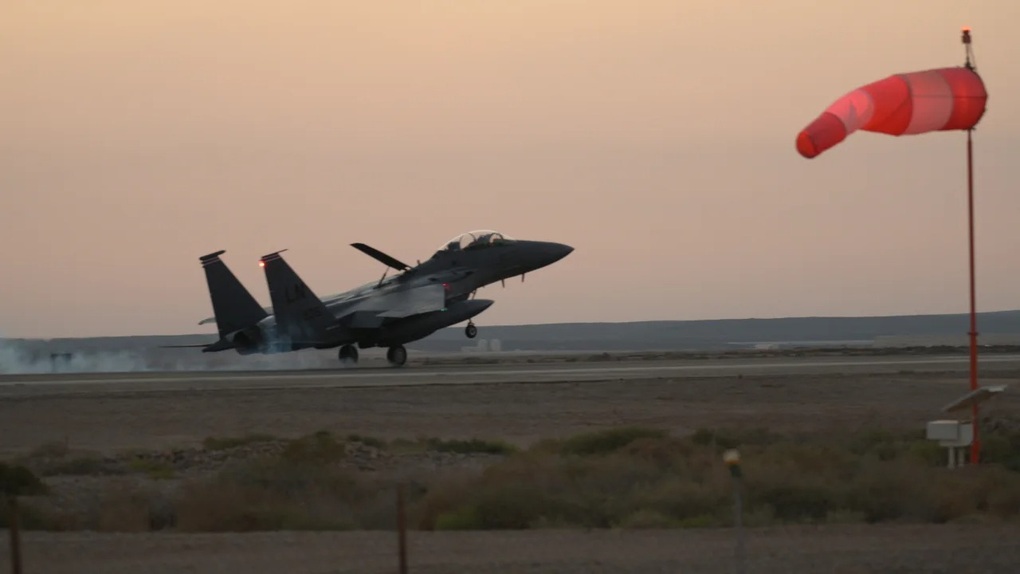(Dan Tri) – The Palestinian armed movement Hamas captured more than 100 hostages in an attack in southern Israel, making it very difficult for Tel Aviv to carry out a military retaliation campaign into the Gaza Strip.
Photo cut from video shows members of Hamas operating a homemade rocket (Photo: EyePress).
The unprecedented hostage crisis in Israel became more serious on October 9 when Hamas gunmen threatened to kill the hostages unless Tel Aviv stopped bombarding Israel’s Gaza sanctuary.
`From now onwards, we announce that any attacks targeting civilian homes without prior warning
This announcement by Hamas caused Prime Minister Benjamin Netanyahu’s government to face a `dilemma` when considering whether to continue intensifying the three-day offensive in the Gaza Strip in response to the coordinated attack.
After attacking military bases and towns in southern Israel, Hamas gunmen kidnapped at least 150 hostages.
Fears that Hamas may execute some hostages have Prime Minister Netanyahu and his advisers pondering their next military steps, including whether to launch a possible ground offensive.
Israel has carried out dozens of retaliatory attacks on targets in Gaza, following the attack by Hamas.
`We care about our hostages. But now is the time to fight against Hamas and all Israelis are behind us,` said Ariel Heimann, a former Israeli general and senior researcher at the Institute of
Even before Hamas threatened to kill the hostages, Prime Minister Netanyahu’s government was facing pressure from powerful far-right ministers: it did not give in and continued to wage a military campaign to destroy the hostages.
Hamas’s warning came after the Israeli army said on October 9 that it was conducting an attack with a fierce bombing campaign.
Looking for a viable deal?
According to Egyptian officials, there have been signs that Israel may be seeking a possible agreement with Hamas, at least to ensure the release of women and children and use Cairo to mediate.
But Hamas has shown little sign that it is willing to negotiate unless Israel can secure the release of detained Palestinians.
Even if a partial agreement is reached to release prisoners, Hamas and other militant groups are unlikely to hand over the dozens of Israeli soldiers they claim to be holding, increasing the risk of casualties from a counteroffensive.
In a small country like Israel, the fate of a small number of hostages is a cause of deep trauma for the entire nation, forcing previous governments to negotiate or conduct rescue missions.
In 2011, Israeli soldier Gilad Shalit was released after more than five years of captivity in an exchange with 1,027 Palestinians, including Yahya Sinwar, a senior leader of the Hamas Armed Forces in Gaza.
Nearly 124,000 Palestinians were forced to flee their homes under the threat of wider Israeli retaliation against Hamas, with some having to seek shelter in schools and emergency shelters.
According to the Palestinian Ministry of Health, at least 560 Palestinians were killed and 2,900 injured.
Family members said the government was slow to provide information about the hostages, forcing them to scan Hamas’s social media feeds for any sign of their loved ones.
Among the possible hostages is 21-year-old Adi Mayzel.
`I don’t know how my daughter is doing. I don’t know if she’s alive, injured or dead. And I don’t know where she is,` Mrs. Mayzel said.



